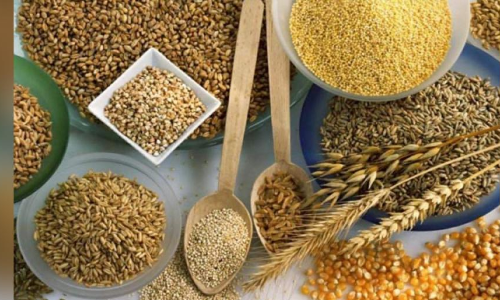Live
- PM Modi must read Congress manifesto first
- DCA carries out series of raids, seizes drugs
- Eatala dares CM to implement farm loan waiver without selling lands
- Vijayawada: AAG Ponnavolu condemns Sharmila’s remarks
- Malla Reddy to join BJP?
- Hyderabad: Saviour of special needs kids
- Mangalagiri: TDP NRIs vow to create 1 lakh jobs for youth
- Vijayawada: SAMARTH app useful to effectively monitor law & order issues, says CEO Mukesh Kumar Meena
- Cops bust smartphone smuggling racket, apprehend 17
- Pedal power: City cycling buffs want govt to promote sustainable mobility









